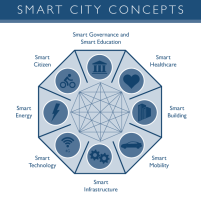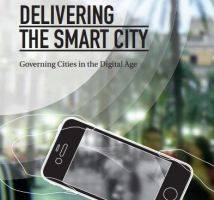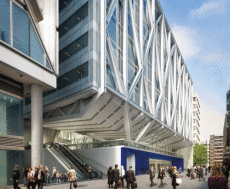January 13, 2015
Leeds is latest UK city to roll out free Wi-Fi to transform local economy
 Leeds is the latest UK city to announce the roll-out of free city-wide Wi-Fi. Although full details are yet to be confirmed, the contract with telecommunications firm aql will initially target areas of Leeds with poor levels of connectivity. Leeds City Council has already installed free Wi-Fi in over 100 council buildings including libraries, museums and leisure centres as part of the Government’s Super Connected Cities programme which was announced in 2012 to invest £100 million in the provision of ultrafast broadband in ten of the country’s major cities. In November of last year, Derry also announced the rollout of city-wide Wi-Fi as part of a plan to transform the local economy.
Leeds is the latest UK city to announce the roll-out of free city-wide Wi-Fi. Although full details are yet to be confirmed, the contract with telecommunications firm aql will initially target areas of Leeds with poor levels of connectivity. Leeds City Council has already installed free Wi-Fi in over 100 council buildings including libraries, museums and leisure centres as part of the Government’s Super Connected Cities programme which was announced in 2012 to invest £100 million in the provision of ultrafast broadband in ten of the country’s major cities. In November of last year, Derry also announced the rollout of city-wide Wi-Fi as part of a plan to transform the local economy.

























